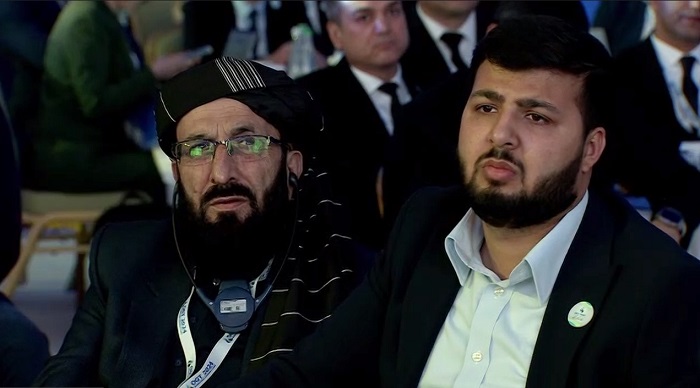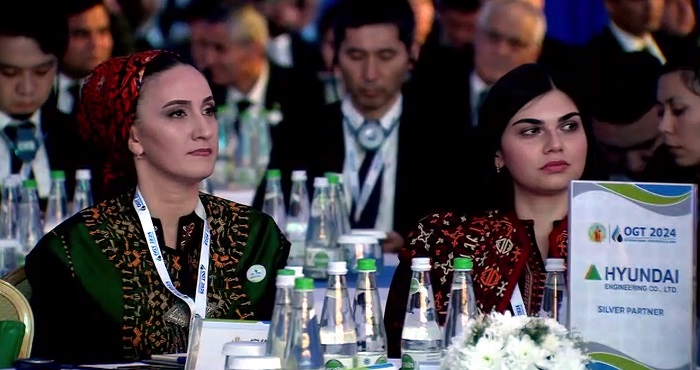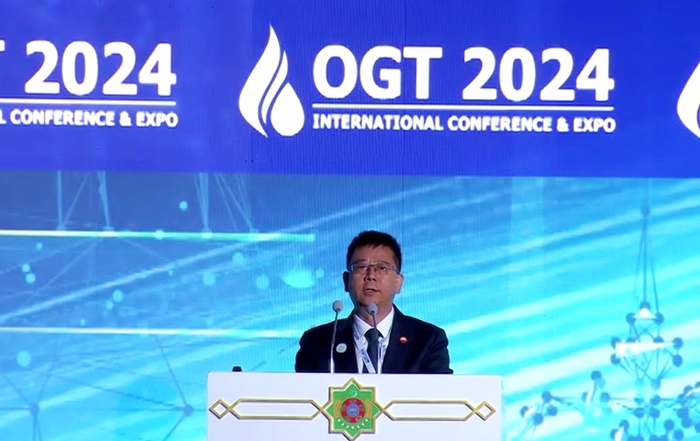Oil and gas will remain important sources of energy in the coming decades, and developing countries will play an increasingly important role in the global energy market. At the same time, the energy transition will be accompanied by significant investments in renewable energy sources — CNPC Vice President Zhang Daowei shared Corporation’s vision of the situation in the global energy market and analyzed future trends in the development of the energy landscape.
Here is the relevant part of his speech:
Currently, the age of shifts continues to develop profoundly. Geographical conflicts, power rivalry, unilateralism, protectionism and other factors, intertwining and overlapping each other, the conditions of global economic development are becoming increasingly complex and unstable.
The problems of politicization, universal security and instrumentalization of energy resources are not decreasing. The global production and supply chain of energy resources has been affected, and international energy cooperation has undergone structural changes.
The international oil and gas market continues to be turbulent, and its development is facing a high degree of uncertainty. Under the influence of many factors, such as sudden geopolitical events, economic recovery, production policy and other factors, in the short term, international oil prices fluctuate greatly, and make long-term forecasts difficult, directly testing the long-term development strategies and investment decisions of global oil companies.
 Energy security has become a priority for economic development, and the path of global energy transformation has become more pragmatic. Oil and gas will continue to play an important role in the global energy demand structure.
Energy security has become a priority for economic development, and the path of global energy transformation has become more pragmatic. Oil and gas will continue to play an important role in the global energy demand structure.
Global demand for oil and gas is expected to remain high until 2050, and oil and gas will continue to account for more than 50% of the global energy consumption structure.
With the adjustment of the global energy structure, the supply and demand for global oil and gas resources have changed. From the demand side, when the demand for oil and gas in developed countries reaches its peak, it enters a period of recession.
The growth and focus of global demand for oil and gas is further focused on developing countries, especially China and India, which will become important consumers and importers in the future global oil and gas market.
 On the supply side, some regional markets have demonstrated greater development viability. In particular, the Middle East, Central Asia, Africa and other regions are becoming increasingly important in the global oil and gas market and will mark a new era of opportunities for international cooperation.
On the supply side, some regional markets have demonstrated greater development viability. In particular, the Middle East, Central Asia, Africa and other regions are becoming increasingly important in the global oil and gas market and will mark a new era of opportunities for international cooperation.
At the same time, climate change is accelerating the global energy transformation process. Especially with the constant development of renewable energy technologies, the annual reduction in the cost of low-carbon energy such as solar and wind energy is gradually displacing traditional energy from fossil sources and becoming the main focus.
At last year’s COP28 summit, almost 200 countries jointly pledged to double the global capacity of renewable energy sources by 2030. Global energy investments are accelerating the transition to low-carbon energy. According to the IEA and IRENA, global investments in clean energy will exceed investments in fossil fuels in 2024, and the annual scale of investments in renewable energy sources will exceed US $ 1.5 trillion in 2030.
 Faced with the impact of energy transformation on the development of the oil and gas industry, oil and gas producing countries are promoting a “double transformation” of energy and the economy, actively introducing renewable energy sources and at the same time accelerating the development and export of new energy sources such as hydrogen energy and green electricity. The new energy cooperation will also be an important step in future international energy cooperation.
Faced with the impact of energy transformation on the development of the oil and gas industry, oil and gas producing countries are promoting a “double transformation” of energy and the economy, actively introducing renewable energy sources and at the same time accelerating the development and export of new energy sources such as hydrogen energy and green electricity. The new energy cooperation will also be an important step in future international energy cooperation.
Energy is a global topic, and strengthening mutually beneficial cooperation is the only way to solve energy problems. As a comprehensive international energy company, CNPC adheres to the concepts of open development and mutual benefit and strives to deepen international energy cooperation.
Currently, the company provides investment, trade, engineering and technical services in more than 120 countries and regions of the world, invests and manages almost 90 cooperation projects in the oil and gas and petrochemical industries in more than 30 countries. ///nCa, 23 October 2024
